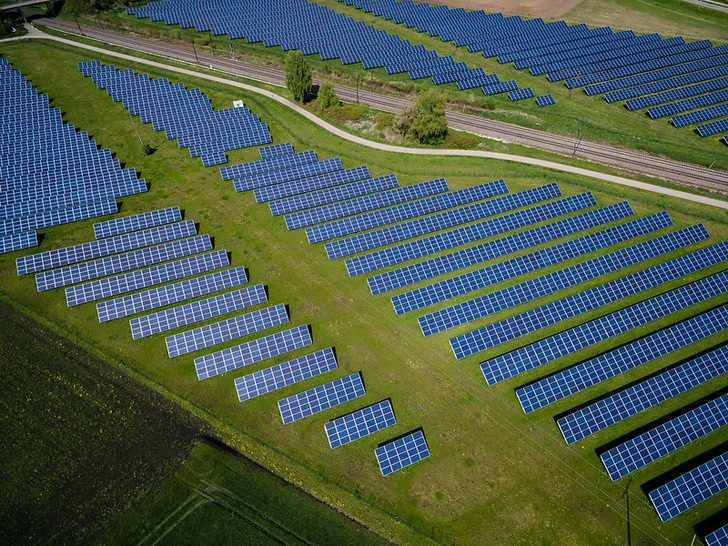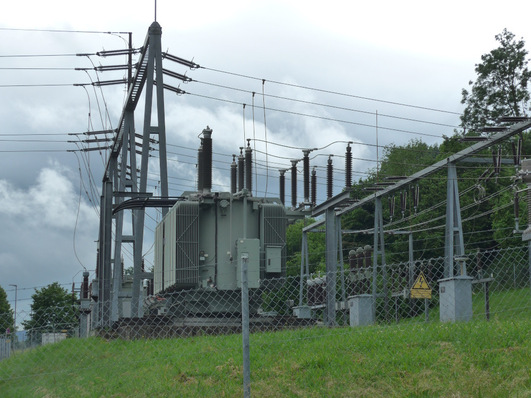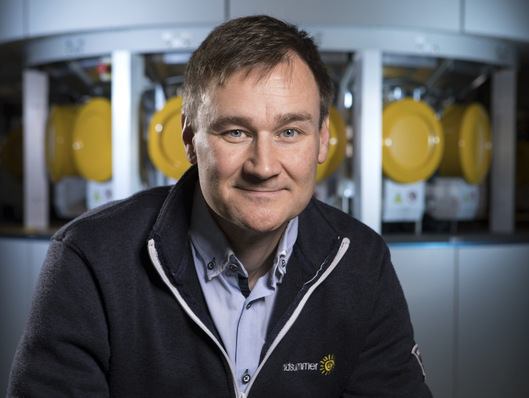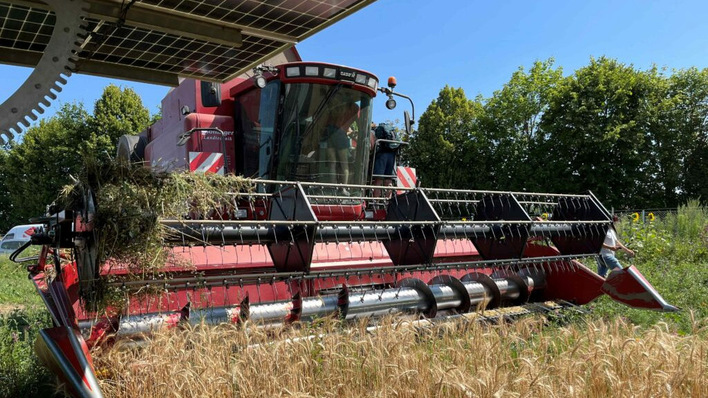Looking towards 2030, 2040 and 2050, “Decarbonisation Speedways” confirms the key role of clean electrification in accelerating Europe’s path to climate neutrality and underlines its potential in lowering households’ energy bills. Europe’s success hinges, however, on critical enablers including the electricity market reform, permitting, grids, and industrial competitiveness.
Climate action, energy independence and reindustrialisation call for an ambitious, yet realistic well-balanced decarbonisation strategy for Europe. By 2050, 70% of fossil-fuel-based final energy demand in Europe’s transport, buildings and industry must be decarbonised.
Electricity capacity will have to triple
The study underlines that clean and renewable power is the cost-efficient solution to curb emissions and reduce energy use thanks to its superior energy efficiency. Transport will score the highest efficiency gains, with at least a 53% reduction in energy use in 2050 compared to 2015.
Decarbonisation Speedways shows that electricity capacity will have to triple by 2040, together with a ten-fold expansion in renewables and a stable basis of firm capacity to match around 4,600 TWh of final electricity demand by 2040. Delivering on such daunting numbers calls for enabling policies.
Underlining the industry commitment to climate neutrality, Eurelectric’s President and E.ON CEO, Leonhard Birnbaum said:
Ensuring investors confidence
“The EU has highly ambitious targets for 2030. The step change we achieve already this decade will determine our success in delivering any target we might set ourselves for 2040. That is why we must get laser-focused on making progress on the ground now. This means ensuring investors’ confidence, reaching warp speed in permitting for power generation and grid infrastructure, defending competitiveness – and modernising our grids to manage a bigger more complex system.”
Also interesting: Ludger Wibbeke: "More capital for the energy transition“
Massive investments in power generation and infrastructure are essential to a successful energy transition. With properly designed policies, consumers could save €175 billion per year in avoided fuel imports and enjoy cheaper energy bills. Lowered emissions and energy use, air quality, biodiversity preservation, job creation and competitiveness would also benefit Europe and lower costs for the economy.
The incentive to act has never been higher. Eurelectric calls on policymakers to adopt the necessary enablers for the industry to deliver on climate neutrality with ambition and realism. (hcn)









